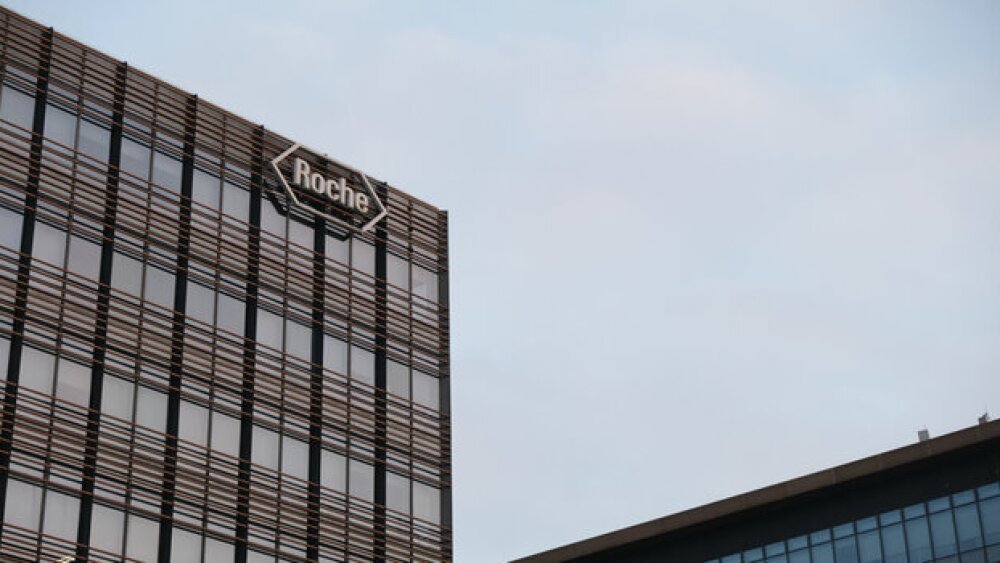Roche has already signed several high-ticket deals this year, including the $3.5 billion acquisition of 89bio and Genentech’s $2.1 billion molecular glue pact with Orionis Biosciences.
Roche still has some deals to do after two high profile agreements in recent weeks: “We’re not done with BD,” CEO Thomas Schinecker said during a third quarter earnings call on Thursday.
Schinecker did not specify which potential partners Roche has its eye on or what particular spaces it wants to deal in. “We can continue to invest in [business development] and bring in more opportunities that will continue to drive growth,” he said.
Last month, Roche acquired 89bio in a $3.5 billion deal centered on the FGF21 analog pegozafermin being developed for metabolic dysfunction-associated steatohepatitis (MASH). During the call, Teresa Graham, CEO of Roche’s Pharmaceuticals unit, said the asset has best-in-disease potential. Pegozafermin is being tested in two Phase III trials: ENLIGHTEN fibrosis, with data expected in the first half of 2027, and ENLIGHTEN cirrhosis, which will read out in 2028.
Aside from 89bio, Roche’s subsidiary Genentech linked up with Orionis Biosciences in May, fronting $105 million and pledging up to $2 billion in milestones to work on a small-molecule protein degrader for cancer. Then, in July, Chugai Pharmaceuticals, which is majority owned by Roche, put more than $1 billion on the line to partner with AI-focused Gero to develop novel therapies for age-related diseases.
Also on the call, investors repeatedly asked Roche about the drug pricing policy changes in the U.S., but Schinecker was tight-lipped. “We’ve been in discussions with the U.S. government,” he revealed, emphasizing that the company has been engaged with the Trump administration “for the most part of this year,” but declined to give additional details.
In the first nine months of 2025, Roche made CHF 45.862 billion ($57.5 billion), representing a 7% year-on-year increase at constant currencies. This comes slightly below the analyst forecast of CHF 46.2 ($57.98) to CHF 46.4 ($58.23) billion, according to reporting from Reuters.
At CHF 269.50 ($338.21) apiece, Roche’s shares dipped 3.9% after market open Thursday.
As is usual for the company, its pharmaceuticals business represented the bulk of its earnings, surging 9% to hit CHF 35.55 billion ($44.54 billion). The multiple sclerosis drug Ocrevus was Roche’s top-performing asset, growing 7% on a year-on-year basis to hit sales of CHF 5.19 billion ($6.5 billion). This was followed by the hemophilia A therapy Hemlibra and the anti-VEGF antibody Vabysmo, which respectively brought in CHF 3.52 billion ($4.41 billion) and CHF 3.06 billion ($3.83 billion).
Diagnostics made almost CHF 10.31 billion ($12.92 billion) from January to September, a 1% increase versus the same period in 2024.
Looking ahead to the rest of the year, Roche reiterated its growth forecast for total sales across its business, which are expected to be in the mid-single-digit range. Core earnings-per-share, meanwhile, was lifted to the high-single- to low-double-digit range.






